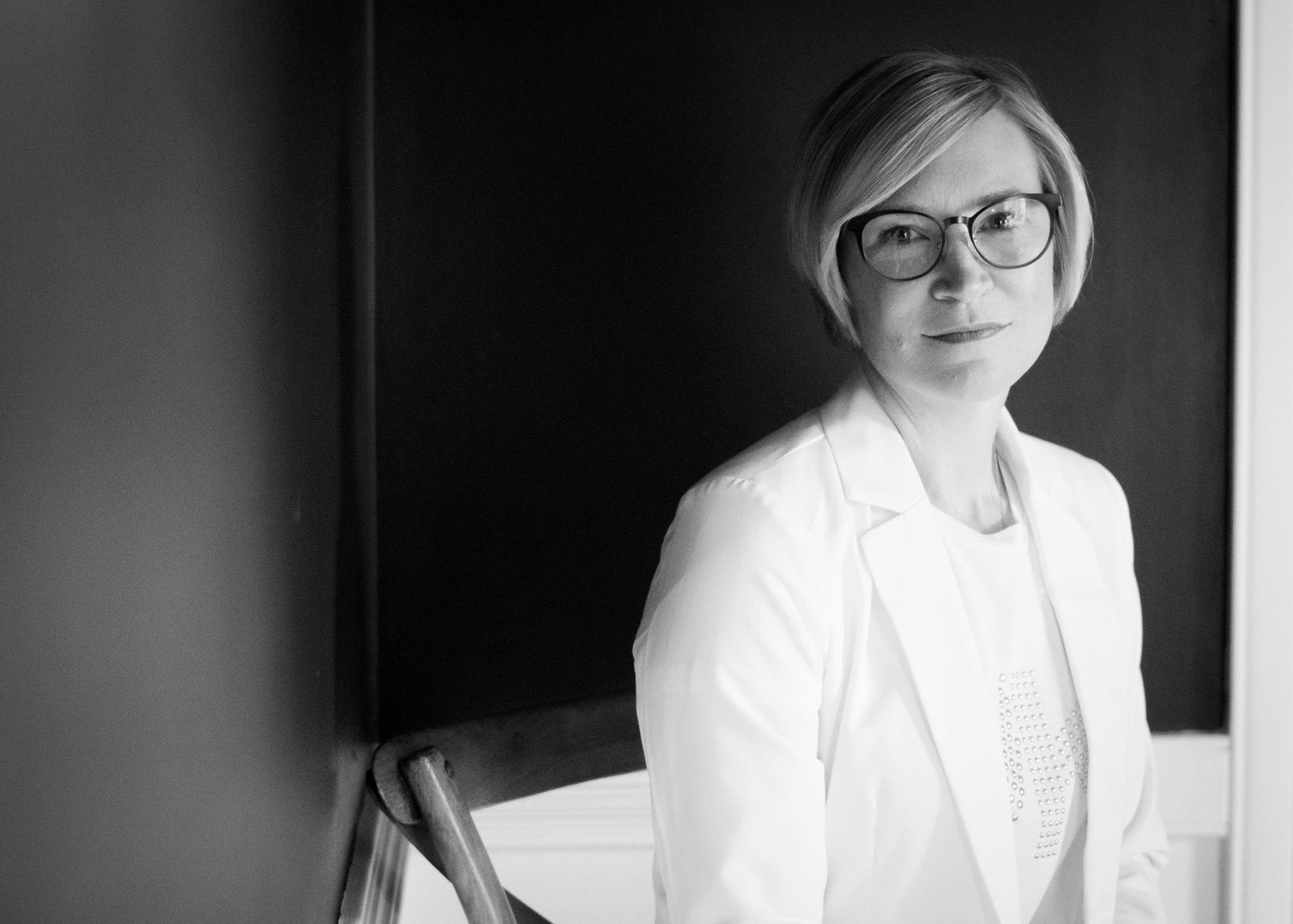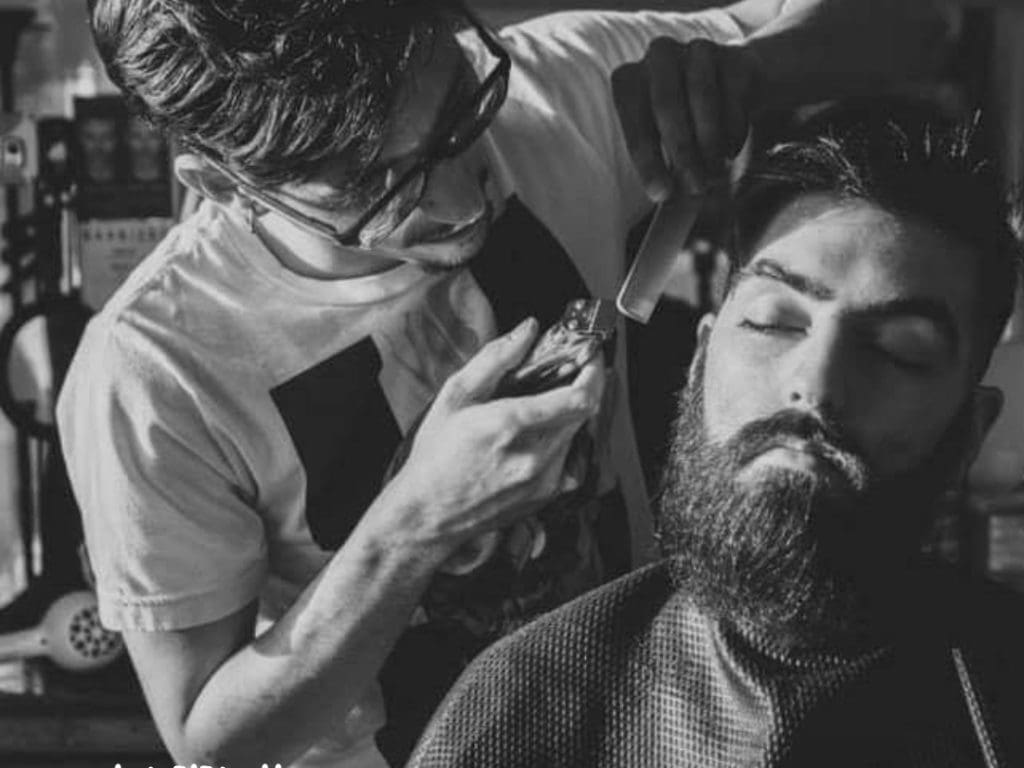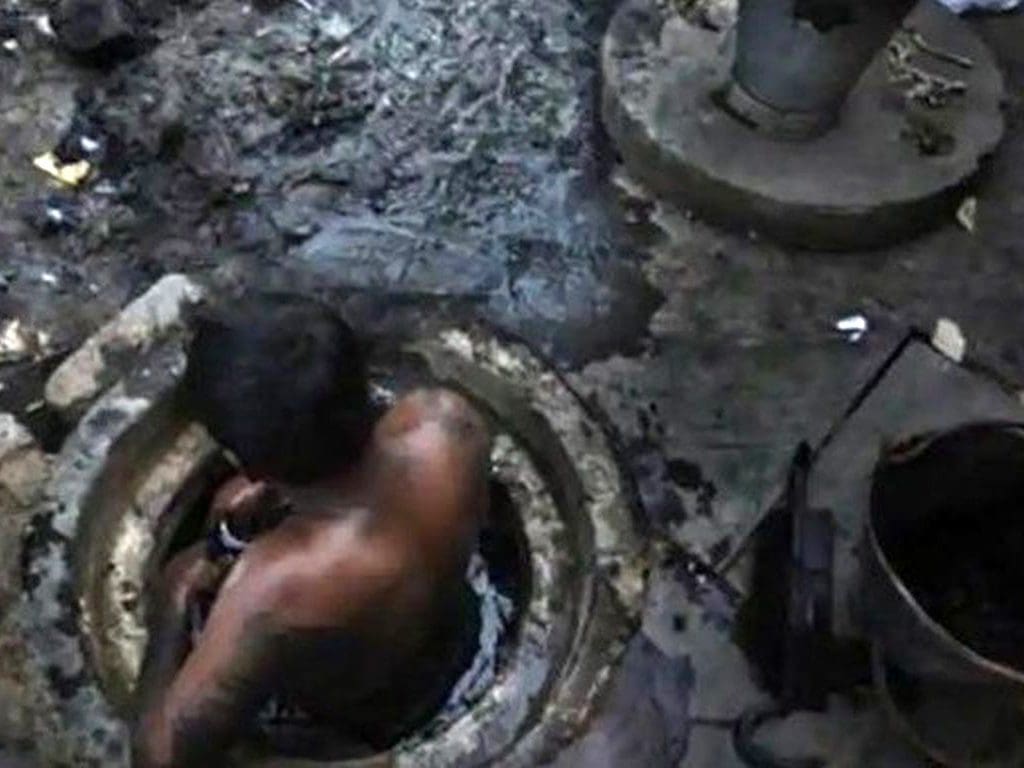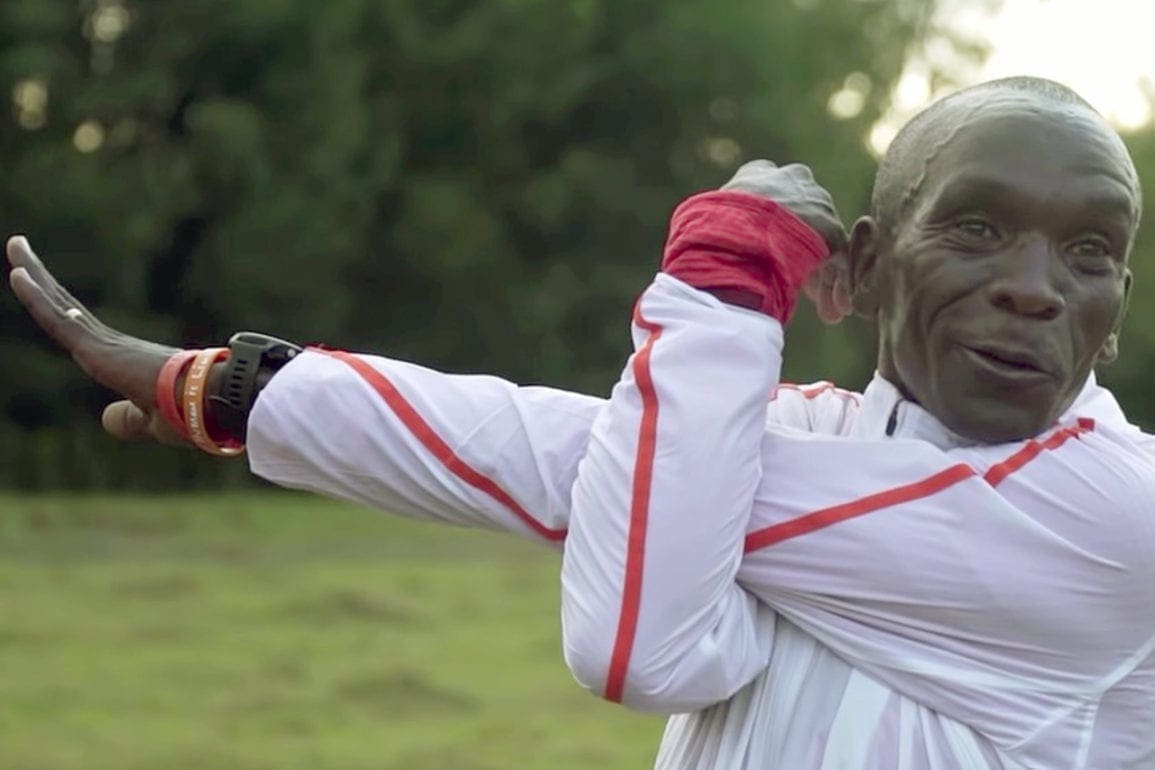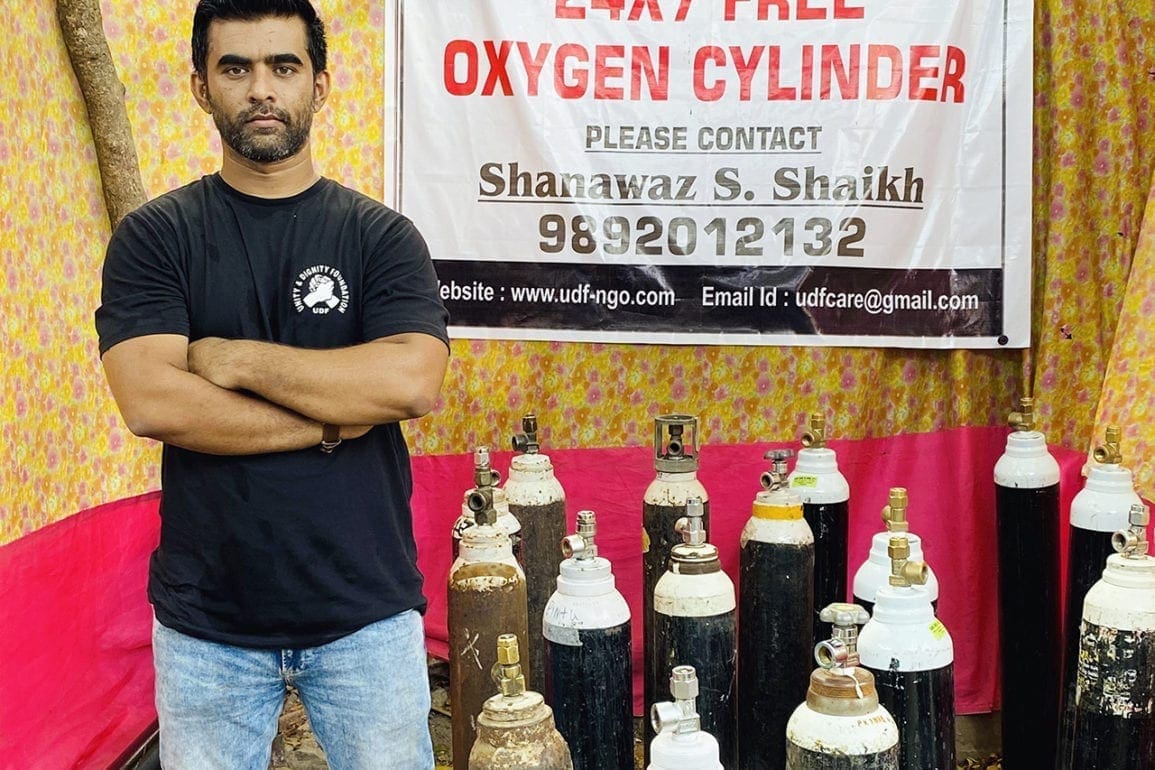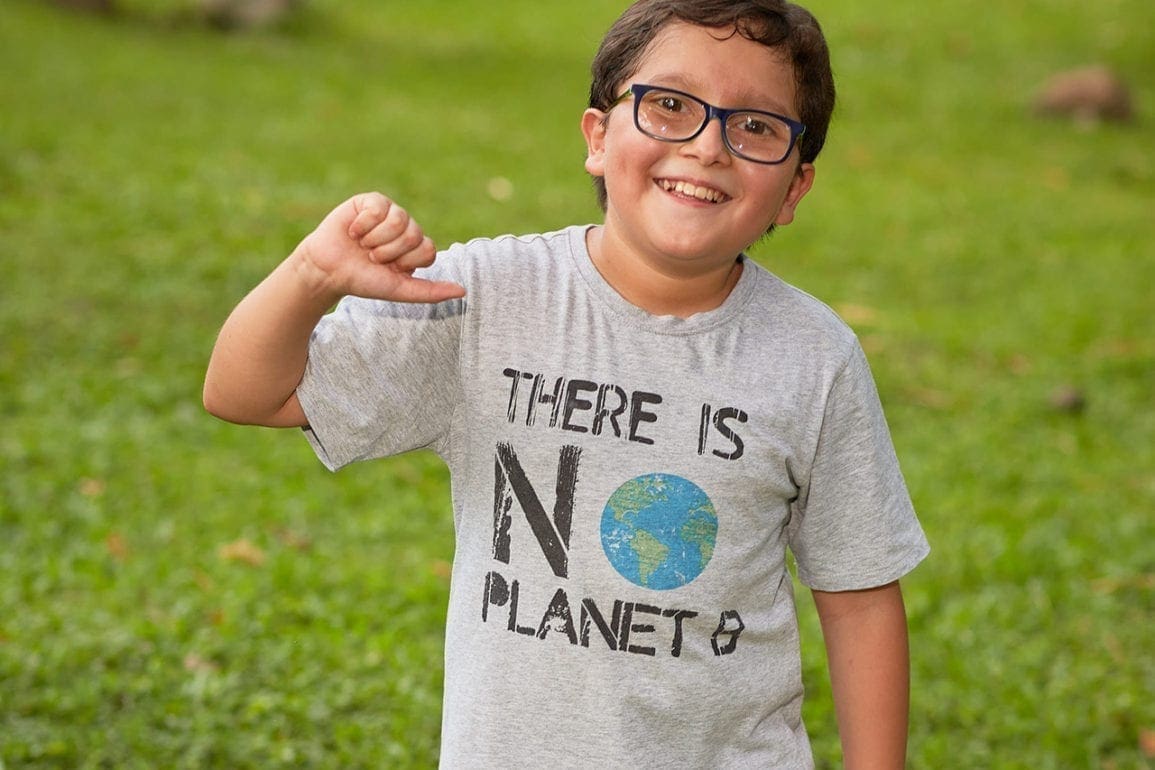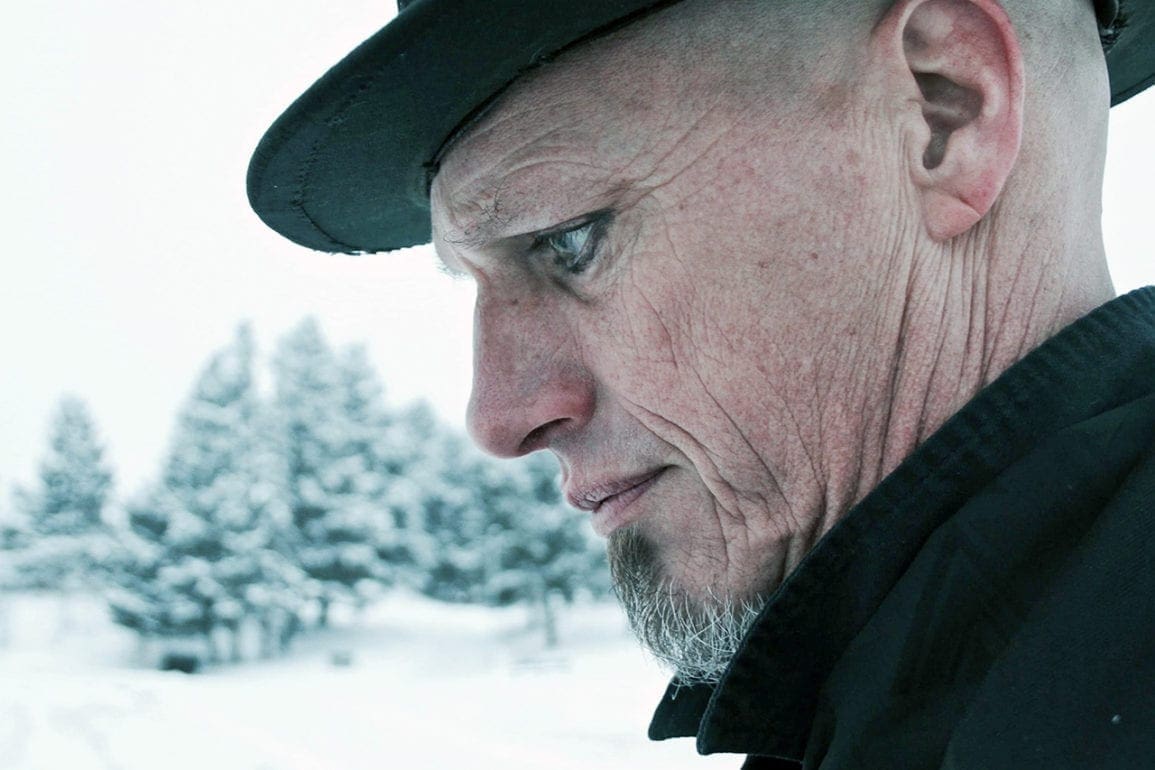Woman speaks out after son’s overdose death, dealer’s conviction
A voice on the line identified himself as a police officer. He said they had found a body and it was Kyle. When the phone clicked off, my body crashed to the floor. The next thing I remember, I was completely numb and my mind turned on autopilot.
- 2 years ago
May 28, 2022

*Editor’s Note: There is support for people who love or are helping someone with substance abuse disorder and other forms of addiction. *
BUFFALO, New York—My son Kyle died at the age of 28 of a drug overdose, three days before his 29th birthday.
His body was discovered on railroad tracks near the hotel where he took 98% pure methamphetamines given to him by a friend.
In the three years since his death, not much has changed for me. I feel like a person floating in the cosmos looking down at myself as I watch the world, family, and life go on around me.
A terrible phone call brings news of the ultimate loss
I remember the day I received the call, though the exact moments remain foggy. It was May 28, 2019. I was in Washington State, and my son Kyle was living back home in Buffalo, NY.
A voice on the line identified himself as a police officer. He said they had found a body and it was Kyle. “How do you know it’s my son?” I asked.
Kyle had very distinct tattoos, documented by the authorities from previous arrests. The police officer insisted it was him, but I refused to believe. Hoping with all my heart that the police officer was wrong, I asked the detective to reach out to a friend in Buffalo and ask him to confirm that it was Kyle.
When the phone clicked off, my body crashed to the floor. The next thing I remember, I was completely numb and my mind turned on autopilot. I called my other son and booked a ticket to Buffalo to officially identify Kyle’s body. I began notifying family members and making funeral arrangements.
Kyle lost his 14-year battle with drug addiction, and I lost my son.
From happy childhood memories to the fight for her son’s sobriety
Kyle lived for 28 years, and it is so sad that the best I can come up with when asked about the good memories are snippets in time: his first trip to Disney World at the age of 8; playing the trumpet in school concerts.
Every Christmas when the kids were growing up, I hosted about 80 family members at my home. We gathered at 1 p.m. for a big event with food and presents. Nieces and nephews spent the night. The next day we would lounge around in our pajamas eating cookies and leftovers, watching movies, and playing board games.
Then Kyle turned 17.
A drug arrest and appearance at the Hamburg town court marked the beginning of our years-long battle with the system. We traversed them all: jails, rehabs, therapists, doctors, outpatient services, and methadone clinics. I incurred more than $80,000 in debt, went bankrupt, and lost my home.
To this day, the failures of the system astound me; but that day in 2008 marked the beginning of our personal tailspin. That was the year we canceled Christmas.
The shock of discovering Kyle was using heroin
I later learned Kyle was using drugs as early as 13 or 14 years old. Despite his time in treatment programs and jail as a young adult, I did not fully comprehend the severity of his addiction until he was 23.
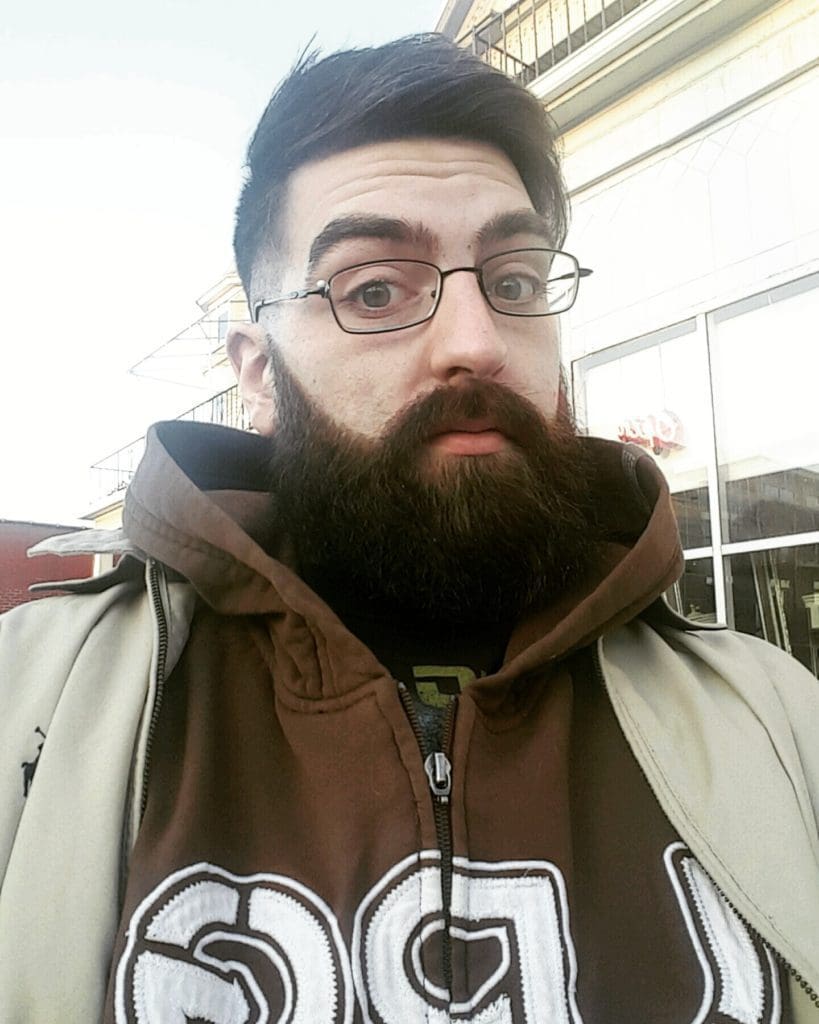
Sitting in my office at work one day in July 2013, my personal phone rang. I rarely picked it up at work, but something compelled me to answer. It was the City of Buffalo Police Department. The cops had picked up Kyle and his girlfriend on the East Side of Buffalo for buying and using heroin.
Shock overtook me. Kyle had a stint of 18 months sobriety in the past. He’d been in and out of treatments, but something about injecting drugs of that severity terrified me.
I simply said, “Okay.” The officer asked what I would like to do, and I responded, Kyle is 23 years old. I’d like you to do whatever you can. I hung up, rose from my chair, and walked straight to Human Resources.
On the edge of hysteria, I told them, “I can’t stay here, I have to go.” Looking back, it’s the same way I felt when they found his body. The world became a tunnel, pulling me down further and further. It felt like clouds were swirling around my head. It seemed like my body was protecting me from the full impact of shock.
I don’t know how I lived through it.
A years-long battle with drug treatment programs
When Kyle died, I was sharing a house with a friend for my own protection. Otherwise, I might have moved him in. Early on he became involved with some very shady people and the further down the track of addiction he went, the scarier they became.
Kyle was homeless for the last two years of his life. We would meet up for coffee or dinner. I would say I love you and give him groceries.
Sometimes, during short stints of sobriety, he would join a line hundreds of people long at the methadone clinic, lucky to see a doctor once a month. Drug dealers stood outside the rooms of the group meetings I took him to, or near the doors of the outpatient clinics.
His fellow addicts were dying waiting for beds at treatment. Kyle might wake up in the morning with a sudden sense of clarity and say, “I need help,” but it would be three or five days before a bed opened. By 2 p.m., he would be in so much pain—so sick from withdrawal—he had no choice but to use. Meanwhile, some places insisted he test negative for admittance; others insisted he test “dirty.”
We spent endless days sitting at the local medical center, sometimes for 12 hours at a time, only for them to turn him away because his symptoms weren’t severe enough. At one treatment program, his discharge plan required living arrangements and they approved Kyle moving in with two friends who were drug addicts. It seemed to be all about the money they made.
After taking Vivitrol, Kyle relapses and dies
Just before he died, Kyle had been arrested again and was in the Erie County Holding Center. He was being treated daily with Methadone before he went in.
We talked on the phone every single day. One afternoon his voice cracked, and the tears came. They want me to go on Vivitrol, he told me. [Vivitrol is a monthly injection that gradually releases into the system, peaks, and begins to decline around at two to three weeks. The second treatment is not administered until four weeks following the first shot.]
Kyle was scared to death. He had heard stories about the drug that concerned him but had to decide. He was going to push for the Methadone.
In our next call his voice was quiet; he had accepted their recommendation and received the Vivitrol injection. The jail released him on Friday to the streets with a one-night hotel voucher. On Monday he would have to figure out a plan.
A week before Kyle died, a local treatment provider offered him an 18-month inpatient program. It was our golden parachute. It was unheard of.
Before the program could admit him, Kyle hit the three-week mark to the day on Vivitrol. That was the day he relapsed and died.
The aftermath and grief of losing a son to addiction
I grew up in a small Catholic family in a small town just outside of Buffalo. We weren’t perfect—my father struggled with alcoholism—but we were a good, loving family. I never imagined this would be my life.
I’m in therapy now and only just beginning to face my grief. When Kyle died, the police said there were no outward signs of drug abuse such as needle marks or obvious paraphernalia. No one would call me back or show me a police report.
It took a year before the U.S. Attorney General’s Office, the District Attorney, and the federal prosecutors filed charges against the person who gave Kyle the drugs. He finally went to trial and was convicted in relation to Kyle’s death in 2022.
It helps me to know how Kyle’s death happened. I wanted the trial to give me closure, but I’m still looking for answers, still filing Freedom of Information Law requests, and still speaking out. I want to call those people who fought us along the way and ask, how is that discharge plan working? Are his symptoms bad enough now because he’s dead?
I don’t know that things ever get better when you lose a child. You simply settle into it. I know a lot of people whose children have died. It is not an exclusive group anymore. The person who is walking with the one suffering from the disease of addiction suffers just as much if not more.
The person walking through the addiction can try and make the choice to save themself if they have that energy and power. The person walking side by side with them does not have that choice. We can only hope.

